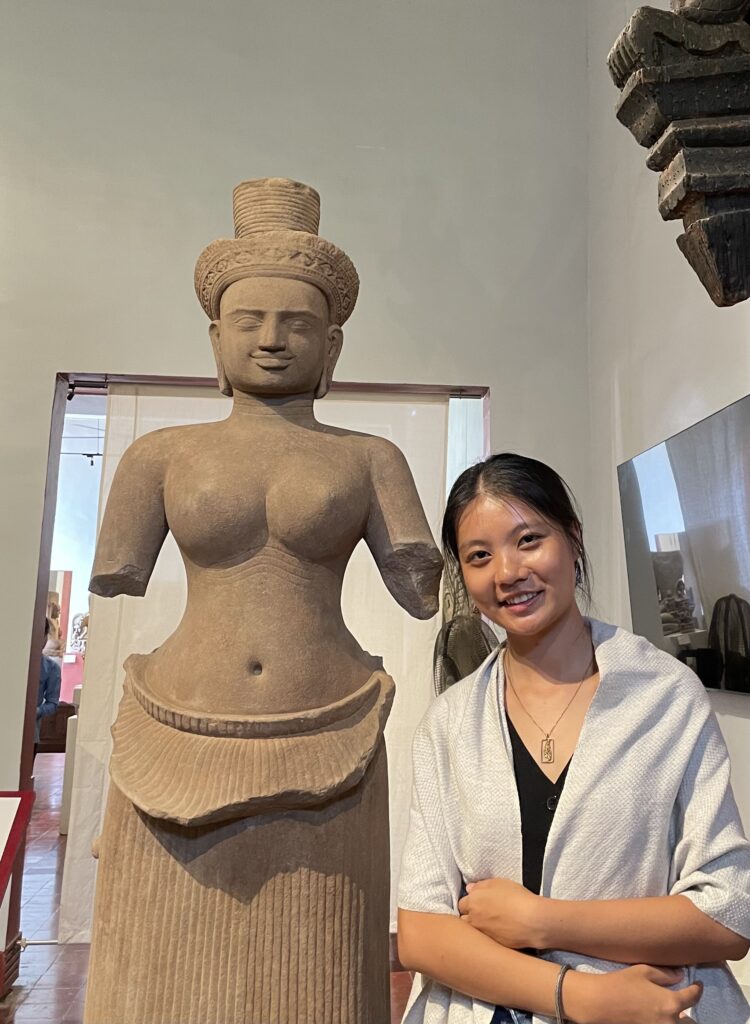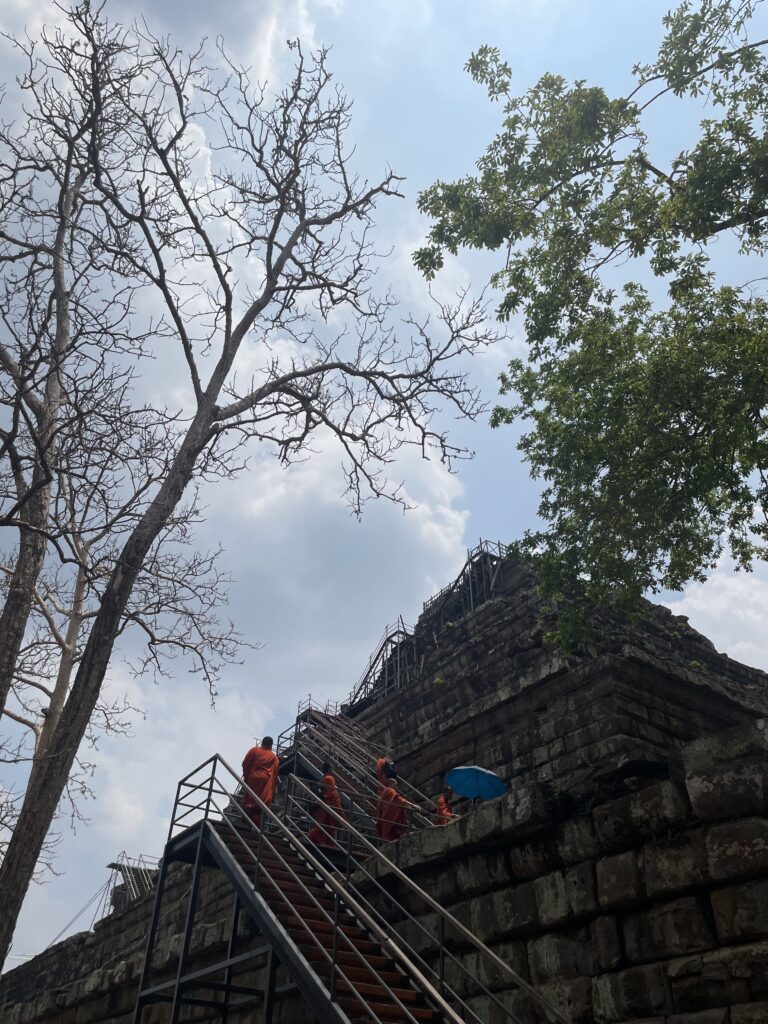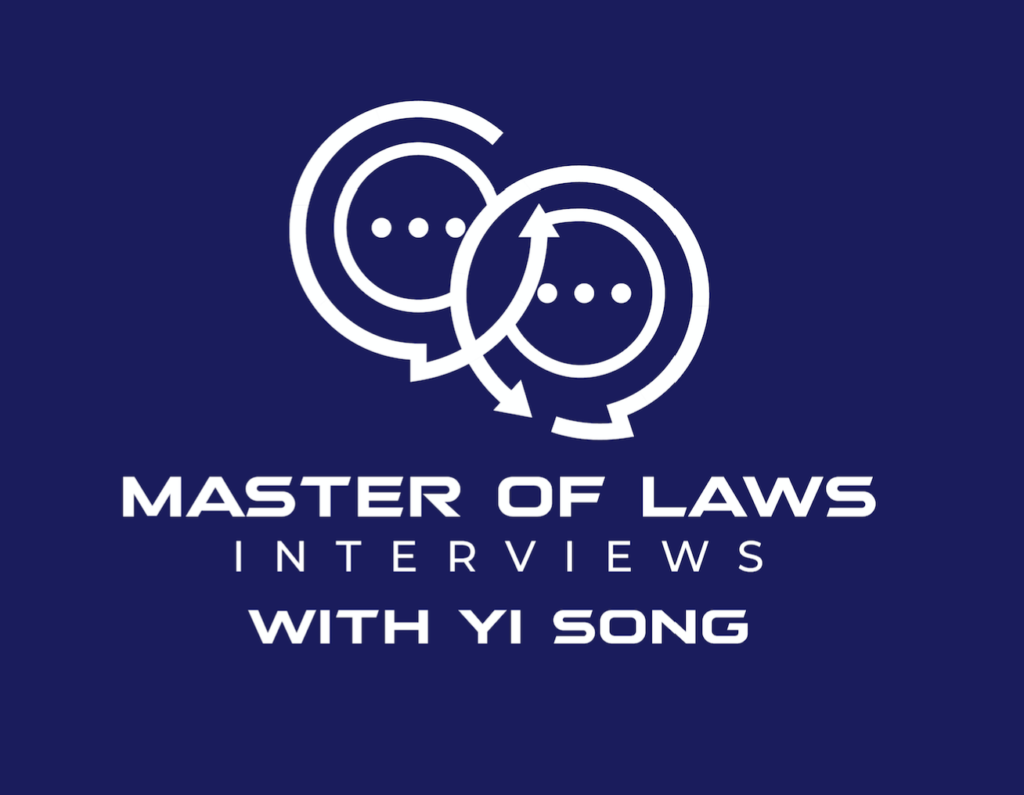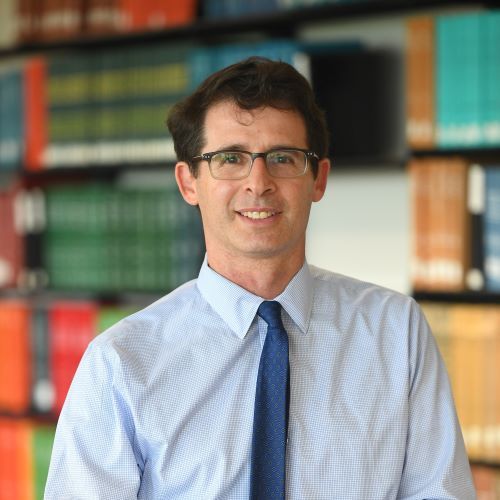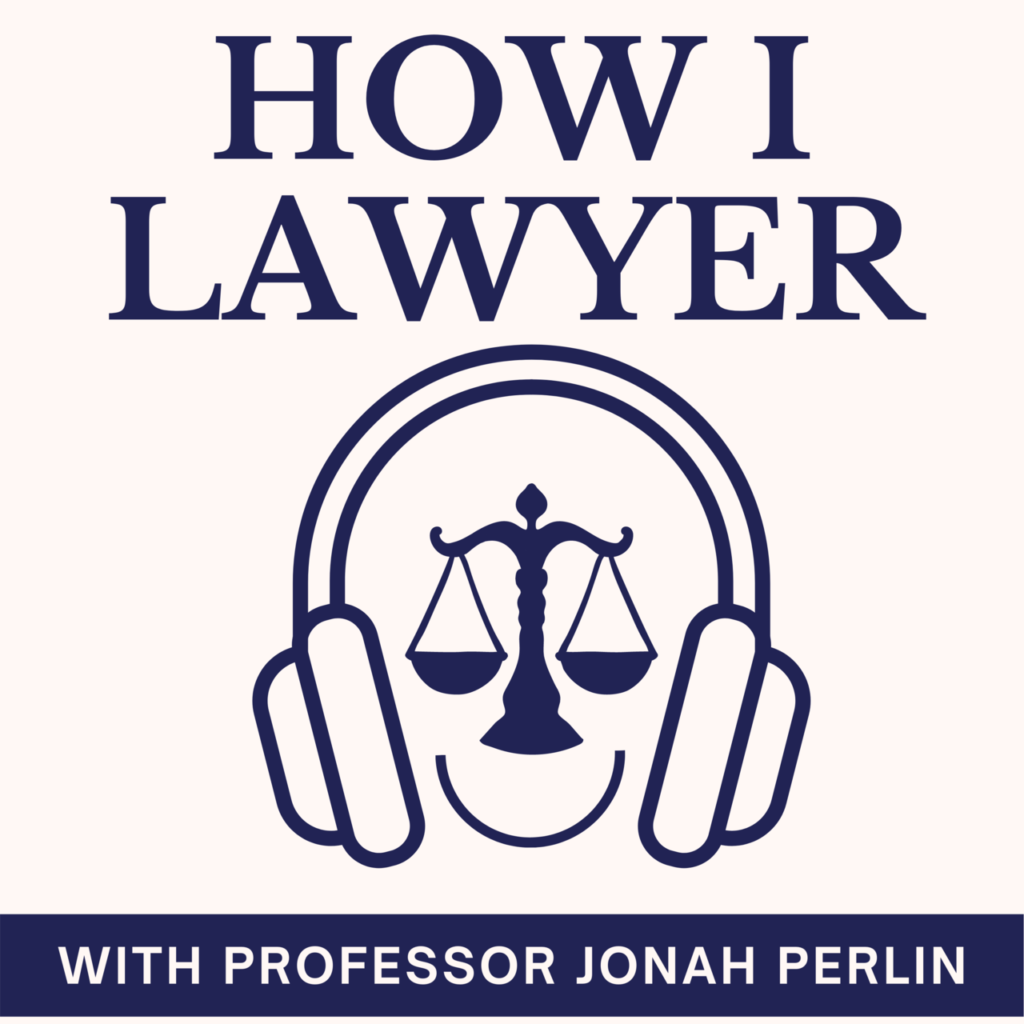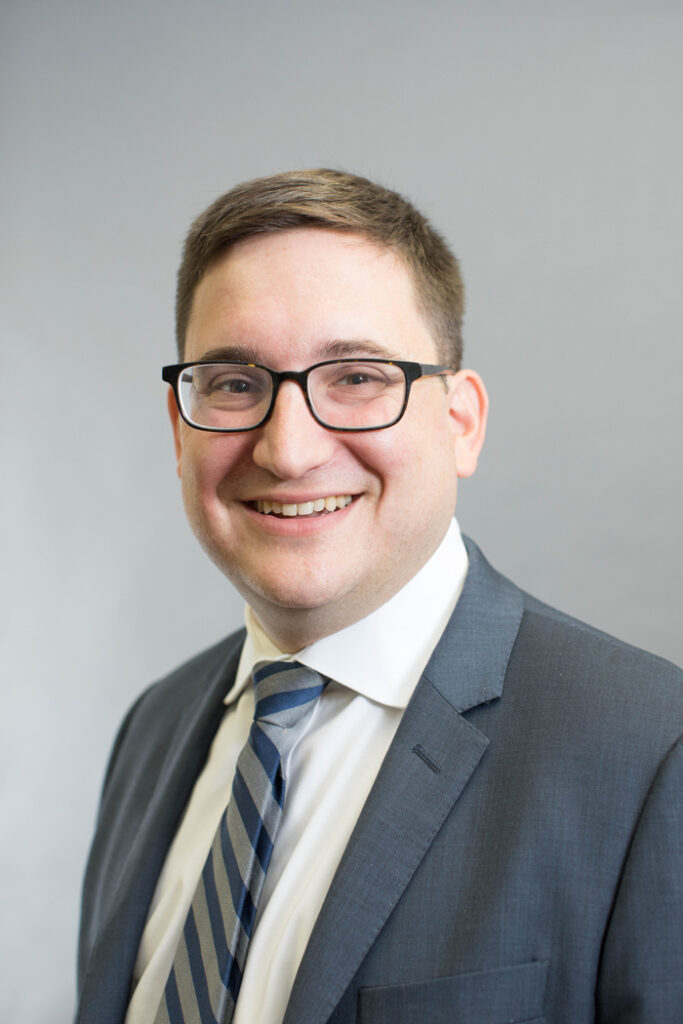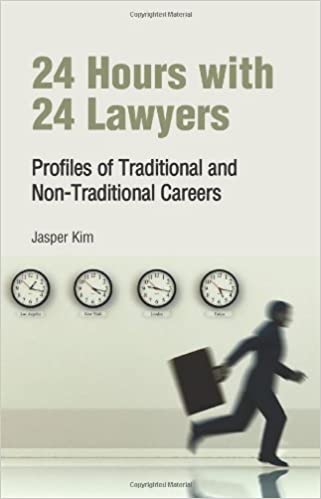
Post by Sokunthyda Long, a Fulbright recipient who graduated from Georgetown Law’s Two-Year LLM Program in 2023, passed the New York bar, and is part of the restitution team in repatriating artifacts back to Cambodia.
From interviewing former looters at remote cultural sites to being featured on a 60 Minutes segment by Anderson Cooper on the repatriation of Cambodian artifacts, my team at Edenbridge and Brad Gordon, along with the support and partnership with the Cambodian Ministry of Culture and Fine Arts, Homeland Security Investigations, and the United States Attorney’s Office for the Southern District of New York and other important liaisons, have been successful in returning hundreds of artifacts back to Cambodia.”
I started out as a legal intern at Edenbridge Asia in 2020 where I was involved in the repatriations of looted Cambodian artifacts. The team and I, along with other relevant stakeholders, are currently working to set up the Cambodian Treasures Foundation to focus on repatriation of statues and preservation of cultural heritage. My work consists of interviewing former looters, documenting evidence, and negotiating with museums, private collectors, and other dealers to return looted artifacts. These investigations have resulted in various significant returns, including the recent return of 14 artifacts from the Metropolitan Museum of Art in July, 2024.

While matriculating at Georgetown Law’s Two-Year LL.M. Program with a focus in International Business and Economic Law in 2021, I was taught necessary skills to further my statute repatriation work. The Two-Year LL.M. Program provided me with more time to understand the legal world, especially in international legal diplomacy. I came to understand the significance of soft diplomacy in navigating through the intricacies of politics and economics of international relations. My legal writing and analysis courses have been critical in my understanding of expressing necessary legal arguments to other parties. I am able to draft letters, negotiate, and make requests for provenance research in a more professional manner. The Fundamentals of Legal Writing classes taught me to write with a reader in mind, a skill I developed and have since practiced in my current employment. Further, it is a skill I use in other contexts as well such as conveying my thoughts and rationale to team members, former looters, the media, and other persons in my everyday life.

Applying the knowledge and skills I learned at Georgetown Law to my current work, I am able to communicate with museum directors, cultural experts and other associates in a more confident manner when it comes to consulting and negotiating on returning or loaning the artifacts. It felt incredible to celebrate the returns of the 14 artifacts from the Met, especially the ones I personally researched back in 2020, where I went to the pillaged site and saw the bases and other fragments there. I talked to the former looter to gather more information about it, such as the size of the artifact, the period style, the medium, and any other necessary information that would help make our evidence stronger. It was rewarding to be able to go to the airport and watch the artifacts arrive, proving that the work the team and I did really led to remarkable results.
The repatriation has brought attention and has been picked up by major international media such as various articles written by The New York Times and The Economist, a 60 Minutes episode by Anderson Cooper and a 2 minute podcast by NPR’s All Things Considered.
Despite all of this media coverage, I have to admit that it’s still a bit unbelievable to me that we got the Met to return the artifacts. But I’m extremely proud to have been able to contribute to the effort.
Below are photos provided by Long:

